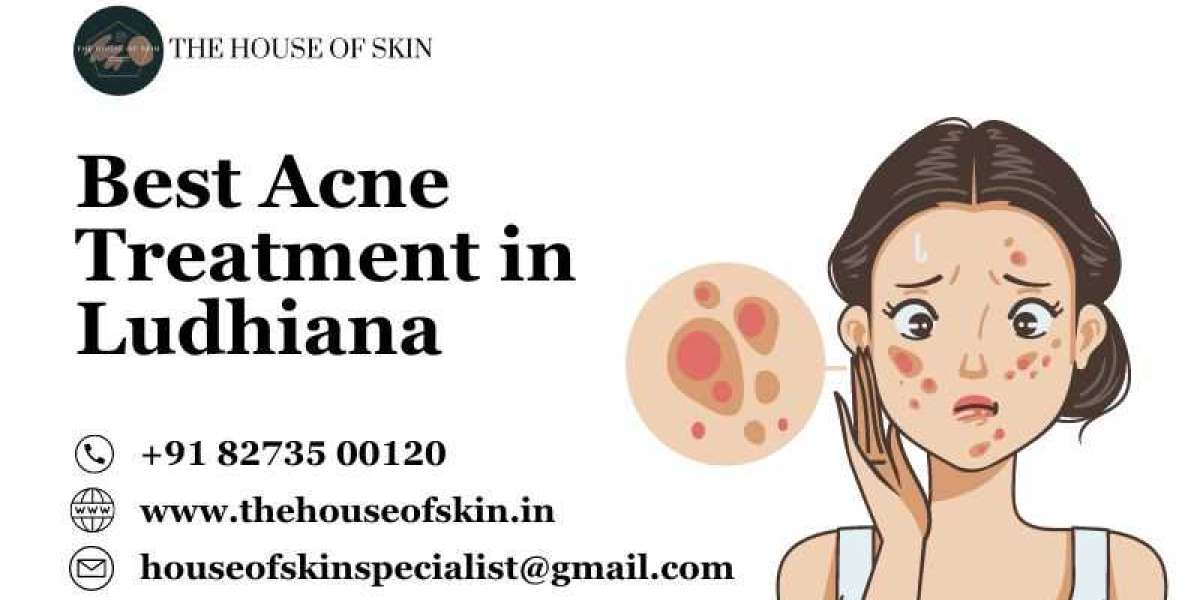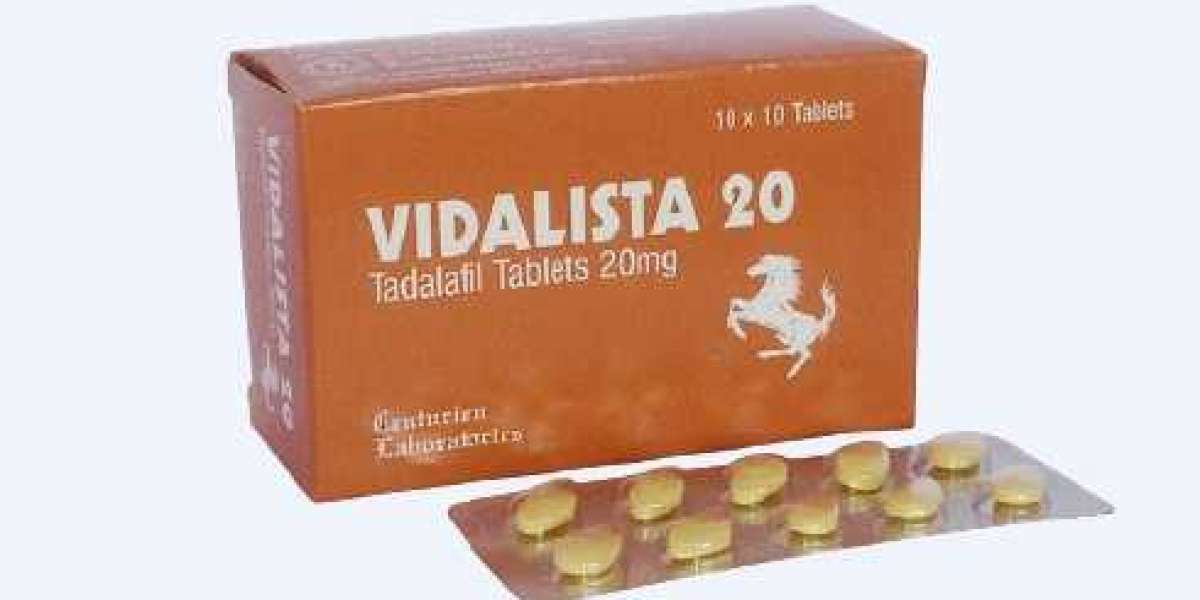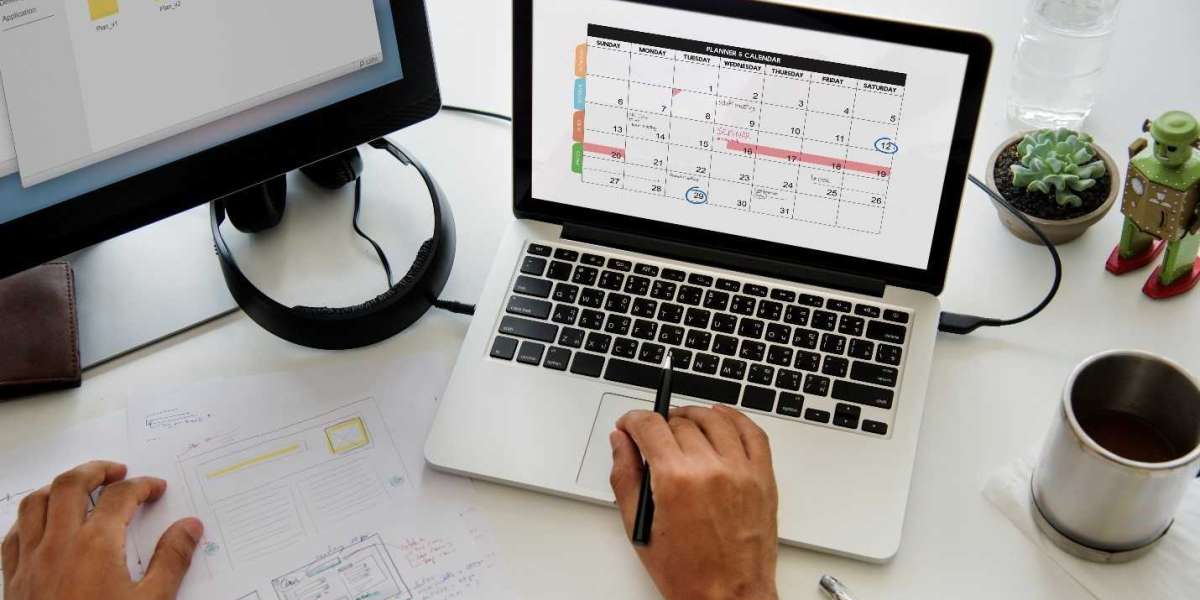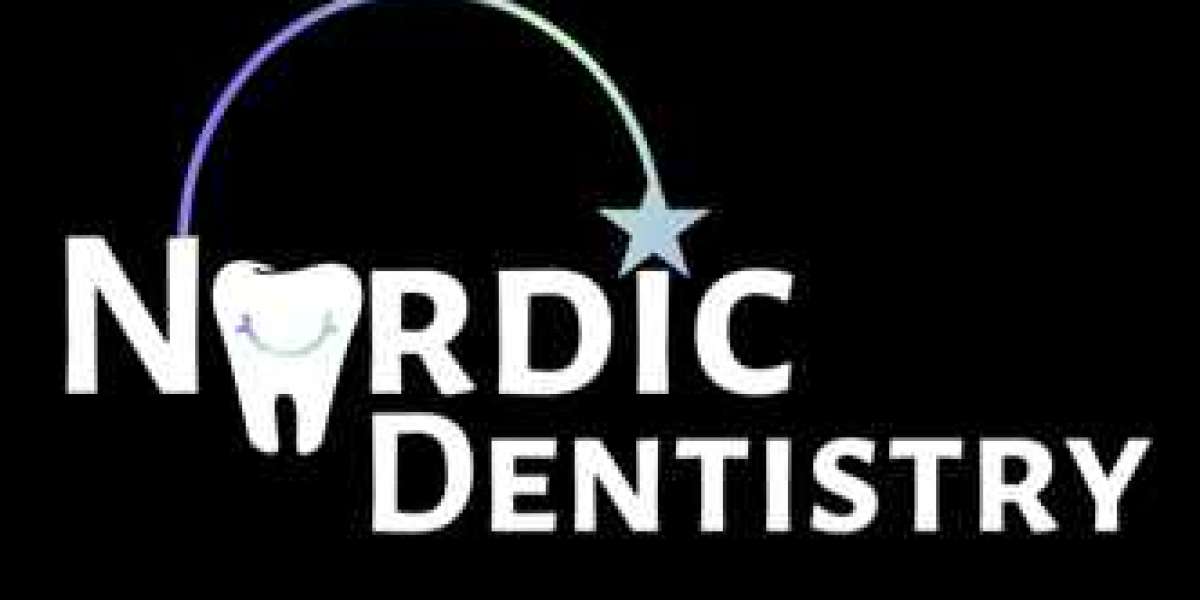Hello there, skincare sleuths! Are you ready to uncover the truth behind those pesky little skin troublemakers known as pimples? Whether you're battling the occasional blemish or waging a full-scale war against acne, this blog post is your ultimate guide to understanding and conquering those unruly spots. From debunking myths to exploring natural remedies, we've got all the insider information you need to achieve clear, radiant skin. So sit back, relax, and let's unmask the mystery of pimples together!
The Basics of Pimples
Let's start with the basics. Pimples, also known as acne, are common skin conditions that can affect people of all ages. They occur when hair follicles become clogged with oil and dead skin cells, leading to inflammation and the formation of those familiar red bumps on the skin.
Pimples can range from small whiteheads and blackheads to more severe cysts and nodules. These blemishes often appear on the face, neck, chest, back, and shoulders – areas where oil glands are most prevalent.
Factors such as hormonal changes, genetics, diet, stress levels, and skincare habits can all play a role in the development of pimples. Understanding your unique triggers is key to managing breakouts effectively.
While pimples may be frustrating to deal with, it's essential not to pick or squeeze them as this can worsen inflammation and lead to scarring. Instead, gentle cleansing routines and targeted treatments can help keep breakouts at bay.
Now that we've covered the basics of pimples let's dive deeper into their types and characteristics!
Types of Pimples
Pimples come in various shapes and sizes, each with its own characteristics and challenges. One common type is the blackhead, which appears as a small dark bump on the skin's surface due to clogged pores. Whiteheads are similar but have a white appearance because they are closed off from air.
Then there are papules, which manifest as small red bumps that can be tender to touch. Pustules, on the other hand, contain pus at their tips and may appear as yellow or white bumps on the skin. Cystic acne is known for its deep-seated inflammation beneath the skin's surface, often causing pain and leaving behind scars.
Understanding these different types of pimples can help tailor treatment approaches effectively based on individual needs. It's essential to consult with a skincare professional like Dr. Parwaaz Matharoo at House of Skin in Ludhiana for personalized advice and treatments tailored to your specific skin concerns.
Causes of Pimples
Pimples, those pesky little bumps that can pop up out of nowhere and wreak havoc on our skin. But have you ever wondered what actually causes these unwelcome visitors?
Well, one common culprit is excess oil production. When our sebaceous glands go into overdrive and produce too much oil, it can clog pores and lead to pimples forming.
Another factor is bacteria. Propionibacterium acnes, a type of bacteria that naturally lives on our skin, can multiply rapidly in clogged pores, causing inflammation and leading to the development of pimples.
Hormonal changes also play a significant role in pimple formation. Fluctuations in hormones, especially during puberty or menstruation, can trigger increased oil production and pore blockages.
Certain lifestyle habits like poor diet choices, lack of proper skincare routine, stress levels, and even genetics can contribute to the development of pimples as well.
Understanding the various causes of pimples is crucial in effectively treating and preventing breakouts for clearer and healthier skin!
Myths and Misconceptions about Pimples
Myths and misconceptions about pimples have been circulating for ages, leading many to believe false information about this common skin condition. One prevalent myth is that eating greasy foods directly causes pimples to form on the skin. In reality, while diet can influence overall skin health, there isn't a direct link between consuming oily food and developing acne.
Another misconception is that only teenagers get pimples. The truth is that people of all ages can experience breakouts due to various factors such as hormonal changes or stress. Additionally, popping pimples is often seen as a quick fix, but it can actually worsen the situation by spreading bacteria and causing inflammation.
Some believe that washing your face frequently will prevent pimples from appearing. However, overwashing can strip the skin of its natural oils, leading to increased oil production and potential breakouts. It's essential to strike a balance with gentle cleansing routines tailored to your skin type for optimal results.
How to Treat and Prevent Pimples
When it comes to treating and preventing pimples, a consistent skincare routine is key. Start by cleansing your face twice daily with a gentle cleanser suitable for acne-prone skin. Avoid harsh scrubbing that can irritate the skin and worsen breakouts.
Incorporate products containing ingredients like salicylic acid or benzoyl peroxide to target acne-causing bacteria and unclog pores. Be sure to moisturize with an oil-free, non-comedogenic moisturizer to keep your skin hydrated without clogging pores.
Avoid touching your face throughout the day as this can transfer dirt and bacteria, leading to more breakouts. Make sure to wash your pillowcases regularly and avoid using heavy makeup products that can further aggravate pimples.
Maintain a healthy diet rich in fruits, vegetables, and lean proteins while staying hydrated by drinking plenty of water. And most importantly, resist the urge to pick or pop pimples as this can cause scarring and prolong healing time.
Natural Remedies for Pimples
When it comes to battling pesky pimples, natural remedies can be a game-changer.
One effective remedy is tea tree oil, known for its anti-inflammatory and antimicrobial properties that can help reduce acne-causing bacteria on the skin.
Another popular choice is witch hazel, a natural astringent that can help control excess oil production and soothe irritated skin.
Aloe vera gel is also praised for its soothing and healing properties. It can calm inflammation and promote faster healing of blemishes.
For those looking to exfoliate gently, using a honey and cinnamon mask may help unclog pores and reduce acne-causing bacteria on the skin's surface.
Incorporating these natural remedies into your skincare routine alongside proper cleansing habits may help in managing pimple breakouts effectively.
When to Seek Professional Help
When dealing with persistent or severe acne that doesn't respond to over-the-counter treatments, it may be time to seek professional help from a dermatologist. Dr. Parwaaz Matharoo at House of Skin in Ludhiana is one of the best skin doctors specializing in acne treatment.
If your pimples are causing deep scarring, cysts, or nodules on your skin, consulting a professional is crucial to prevent long-term damage. A skilled dermatologist can assess your unique skin condition and recommend personalized treatment options based on their expertise.
Don't wait until your acne becomes uncontrollable or affects your self-esteem significantly before reaching out for professional assistance. Early intervention by a qualified specialist like Dr. Parwaaz Matharoo can make a significant difference in managing and treating stubborn pimples effectively.
Remember, seeking professional help doesn't mean you've failed; it shows that you're proactive about taking care of your skin's health and well-being. Trusting the expertise of a knowledgeable dermatologist can lead to clearer, healthier skin in the long run.
Conclusion
Understanding the basics of pimples, knowing the various types, identifying their causes, and debunking myths surrounding them are crucial steps in managing and preventing breakouts. From adopting proper skincare routines to incorporating natural remedies into your regimen, there are plenty of options for treating and preventing pimples.
If you find that over-the-counter treatments or home remedies aren't providing relief, don't hesitate to seek professional help from a dermatologist like Dr. Parwaaz Matharoo at House of Skin in Ludhiana. With expert guidance and personalized treatment plans, you can take control of your skin's health and achieve clear, glowing skin.
Remember that everyone's skin is unique, so what works for one person may not work for another. Be patient with your skincare journey and stay consistent with your routine. By staying informed and proactive about managing pimples, you can ultimately enjoy healthier and more radiant skin.



